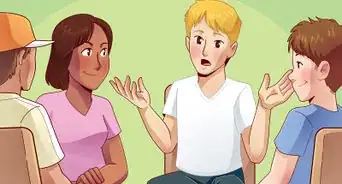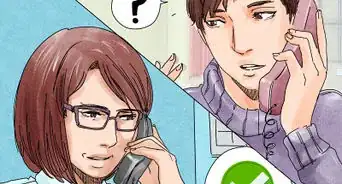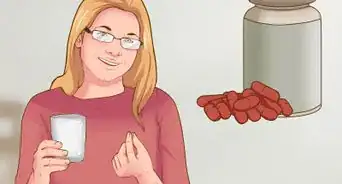This article was co-authored by Trudi Griffin, LPC, MS. Trudi Griffin is a Licensed Professional Counselor in Wisconsin specializing in Addictions and Mental Health. She provides therapy to people who struggle with addictions, mental health, and trauma in community health settings and private practice. She received her MS in Clinical Mental Health Counseling from Marquette University in 2011.
There are 7 references cited in this article, which can be found at the bottom of the page.
This article has been viewed 13,619 times.
Bipolar disorder (also known as manic depression) can cause you to have trouble forming relationships. The mood swings and phases where you don’t want to spend any time with people can make maintaining friendships difficult. However, to make friends you can choose supportive friends who know about your condition, work on being a good friend despite the bipolar, and take care of yourself. Self-care is an important part of being a good friend to other people. Learn how to pursue friendships when you have bipolar disorder so you can form fulfilling connections with others.
Steps
Making New Friends
-
1Introduce yourself. It can be extremely daunting to meet new people, especially if you have bipolar depression. However, taking the first step to introduce yourself is important. If you are at a party or social function, just go up to the person and say hello and tell them your name.[1]
- For example, you may be at a friend’s party or at a social meetup. Scan the crowd for someone who looks nice or interesting. Go up to that person and say, “Hi. My name is ____. What’s yours?” If someone is alone, then they will likely be happy to have the company.
-
2Find something to start a conversation about. Sometimes, just going up to someone and introducing yourself may be awkward. Instead, you may find it easier to start a conversation with someone. Use the situation you are in or the location to give you a good starting place for conversation.[2] Just make sure to stick to neutral topics and avoid anything potentially inflammatory, such as politics.
- If you are in class, start a conversation with someone about the homework or the material you’re covering. If you’re at a social meetup for board games, start talking to someone about the board game they are playing. If you’re at a friend’s party, comment on the food or the music.
- For example, you can say, “What game are they playing? It looks fun, but I have never seen it before” or “What did you think of the book we read for class?” or “I didn’t know they were getting burritos catered. I love burritos, and this place is one of the best.”
Advertisement -
3Choose when you share your condition carefully. As you pursue friends with bipolar depression, the time is going to come when you want to share your condition with your friends. Think about how you want to tell and why. Make sure you wait until you get to know and trust the person before you decide to share it with them.[3]
- Think about why you want to tell this person. Will this person be understanding? Will they be patient and supportive? Consider how they talk with other people as well because this will be a good indication of how they will talk to you.
- When you finally tell the person, tell them as much as they need to know. For example, “I have bipolar depression. That means I sometimes have trouble with my moods and go through phases of depression. This doesn’t mean we can’t be friends. I just wanted you to know.”
- Or, if you feel uncomfortable sharing this much, then you can also share a symptom of your bipolar disorder. For example, you might say, “I often have trouble sleeping at night.” Trouble sleeping is a common complaint so most people can relate to it.[4]
-
4Limit how often you talk about your bipolar disorder. If you’re to the point where you want to tell people about your condition, you should be careful how often you talk about it. If you are struggling with your symptoms or going through a bad patch, it’s okay to talk about it or let your friends know. However, don’t talk about the bipolar every time you get together with people.[5]
- Don’t detail your health problems or difficulties with bipolar all the time when you’re with other people. Though you may deal with it constantly, you don’t want that to be the focus of your conversations and social interactions. Make sure to listen to your friend’s concerns as well.
Managing Your Bipolar Symptoms and Friendships
-
1Commit to treatment. One way you can pursue and maintain friendships is to commit to your treatment. When you take your medication and make the lifestyle changes as your doctor instructed, you should be able to manage your bipolar depression well. Skipping your medication or ignoring your treatment can cause unstable moods, which can hurt your friendships.[6]
- Following your doctor’s prescribed treatment helps you maintain your quality of life and enables you to have positive relationships with others. Make sure to talk to you doctor first if you are considering going off of your medication(s).[7]
-
2Interact in small groups. Sometimes, large groups can be overwhelming and cause your moods to become unstable. This may especially be true if you are with a bunch of people you don’t know. To help with this, interact in small groups. [8]
- Meet with a few friends at a time, or choose to go to places with smaller amounts of people, like coffee shops or movie theaters. You can find people who share your interests on sites like Meetup.com.
-
3Listen to others. When you are meeting people for the first time, or when you are talking to people you’ve known for a while, you should listen to the other person more than you talk. Bipolar disorder can sometimes make your focus only on yourself, so try to put the focus on the other person.[9]
- For example, you can ask questions, such as, “Why did you choose to be a teacher” or “How did you get into knitting?”
-
4Establish boundaries with your friends. Due to your bipolar disorder, you may find yourself reacting certain ways due to your mood disorder. You may get angry and yell at your friend, you may try to push them away, or you may just stop calling them. You should set boundaries for your friendship so that both of you can be fulfilled by the friendship.
- For example, you may tell your friend, “If I cancel on you, try to reach out to me during the next week. I will meet you halfway by answering the phone or returning your call within a few days. If I do not return your call, I realize that is my fault and not yours. If I continue to ignore you, I understand that you may not want to be friends with.”
- If you have mood swings, you may tell your friends, “I understand that my mental illness is no reason to take it out on you. If I get angry, upset, or emotional, you should leave. We can try to talk a few days afterwards when my mood has balanced back out.”
-
5Give your friend space. Whether you have just become friends with someone or have been friends with them for a long time, you should refrain from being needy and give them space. Your bipolar depression may make you feel abandoned or like you want to be around your friend all the time to believe they like you. Remember that your friend has a life and other friends. That doesn’t mean they don’t like you. Give them the space they deserve.[10]
- Avoid calling too many times or writing e-mails when you feel needy. Things you say or do may be your bipolar and not you.
- Remind yourself that your friends like you, but that doesn’t mean they have to be around you all the time.
-
6Avoid taking everything personally. If your friend can’t get together when you ask, or they cancel plans, don’t let it trigger you. Try not to get into a mood where you think no one likes you and you have no friends. Instead, think about it calmly and rationally.[11]
- Remember that you sometimes have to cancel too. People have things that come up. If your friend is dealing with mental illness, like bipolar, depression, or an anxiety disorder, they may have cancelled because of their condition.
- Take a deep breath and look at the situation calmly. Realize that things come up. That doesn’t mean people don’t like you.
- Keep in mind that your friends might want to get together, but they might not want to participate in a certain activity. For example, a friend might not want to go to dinner, but they might be interested in meeting for coffee.
Taking Care of Your Needs
-
1Practice good self-care habits. Self-care includes many different things, such as eating well, exercising, making time to relax, having good hygiene, and getting plenty of sleep. It is important to practice good self-care to feel your best and to be a good friend to other people. Work on developing a self-care routine that will fulfill your needs.
-
2Be honest. One way to build friendships if you have bipolar depression is to be honest about the way your bipolar effects relationships. Tell them there may be times when you are not mentally able to hang out, so you may cancel plans suddenly. Assure them this has nothing to do with them.
- For example, you can say, “I have bipolar depression. This means sometimes I will be too depressed to leave the house. It hits suddenly sometimes. Please be understanding if this happens because it has nothing to do with you.”
-
3Tell your friends what you need. Another thing you can do to help build friendships when you have bipolar is to tell them what you need. Communicating that you need them to be understanding and patient is very important. You should also explain to them the ways in which they can help you.
- Letting your friends know what they can do for you can help them feel like they are being a good friend when you have an episode. It also helps you make sure you get the support you need from your friends.
- You can say, “If I cancel plans, please don’t get mad. Instead, text me to ask how I am. Call me within one or two days, because it takes a few days for me to overcome the depression.”
-
4Choose supportive friends. Make sure that you choose friends who are going to be supportive and understanding. Not everyone will be patient, understand your situation, or think about your needs. Some people will just be negative and encourage negative behaviors in you. Find people who you can count on to be the kind of friends you need.
- Let go of negative people in your life. You have enough stress dealing with your bipolar depression. Friendships are supposed to be fun and rewarding, so make sure you pursue friends who are like that instead of negative and destructive. Try to be patient as well because it takes time to build a relationship.
-
5Give yourself a break. As you pursue friendships with people, don’t beat yourself up if you make a mistake, cancel plans, or snap on someone. Acknowledge your behavior and think about how you can react in a different or more positive way next time. Most of all, treat yourself kindly when you mess up. It doesn’t make you a bad friend just because you are experiencing symptoms related to your mental illness.
- Managing bipolar depression is difficult. Working towards making friends and maintaining friendships may take a lot out of you, especially at first. Remember to keep trying to get out and socialize. Most of all, take care of yourself.
References
- ↑ http://www.healthyplace.com/blogs/bipolarvida/2013/08/the-art-of-making-friends-when-living-with-bipolar-and-going-to-school/
- ↑ http://www.healthyplace.com/blogs/bipolarvida/2013/08/the-art-of-making-friends-when-living-with-bipolar-and-going-to-school/
- ↑ http://www.bphope.com/relationships-and-the-bipolar-trap/
- ↑ https://www.cdc.gov/media/releases/2016/p0215-enough-sleep.html
- ↑ http://www.bphope.com/relationships-and-the-bipolar-trap/
- ↑ http://www.helpguide.org/articles/bipolar-disorder/helping-a-loved-one-with-bipolar-disorder.htm
- ↑ https://psychcentral.com/lib/discontinuing-psychiatric-medications-what-you-need-to-know/
- ↑ http://www.bphope.com/kids-children-teens/bipolar-kids-importance-friends-fun/
- ↑ http://www.bphope.com/relationships-and-the-bipolar-trap/
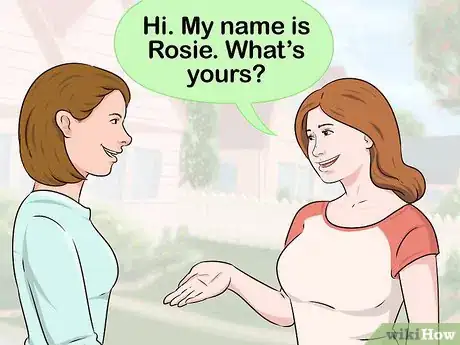
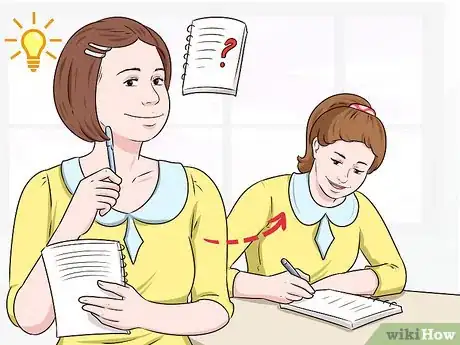
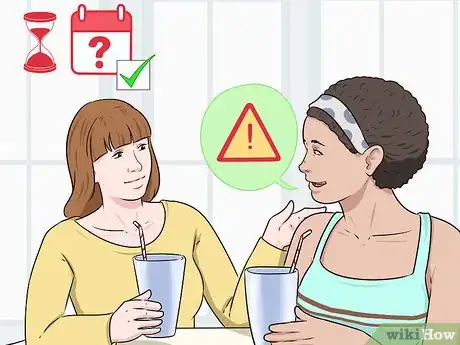
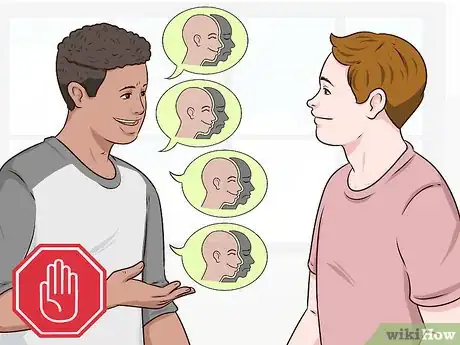
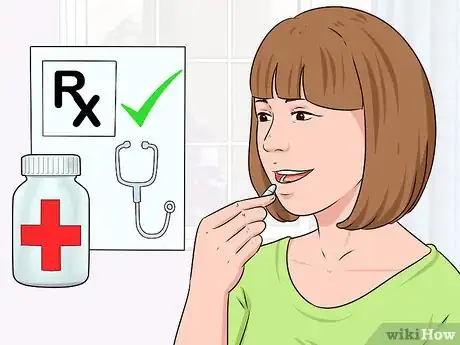

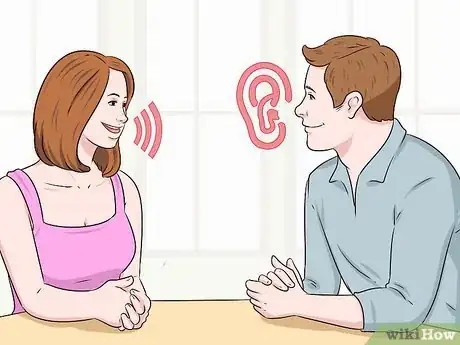
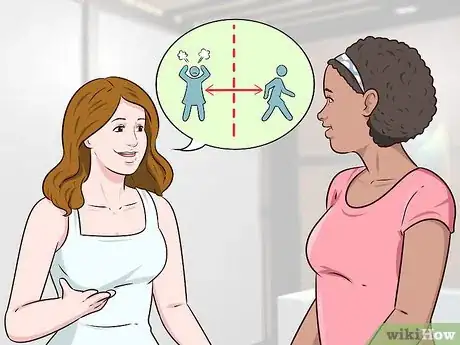
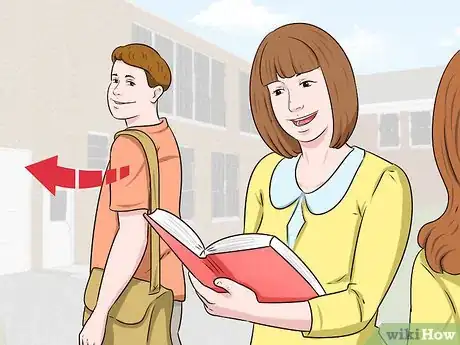
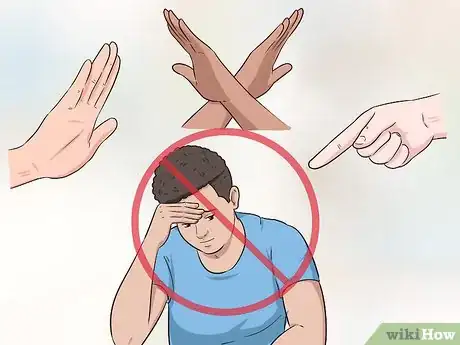
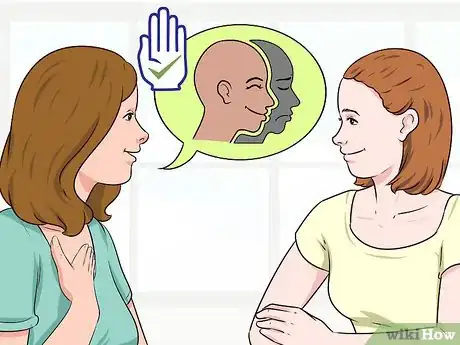
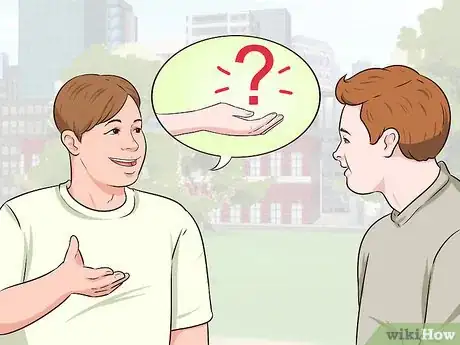
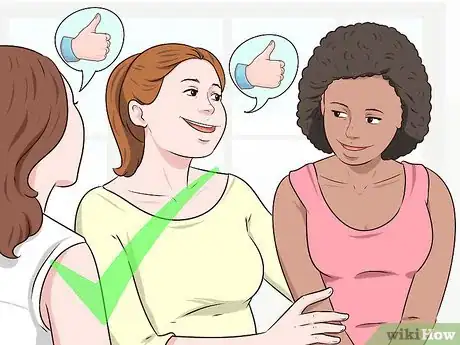





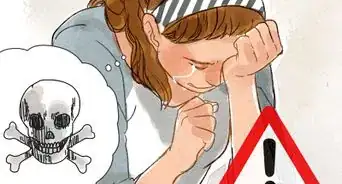

-Episode-Step-22.webp)


